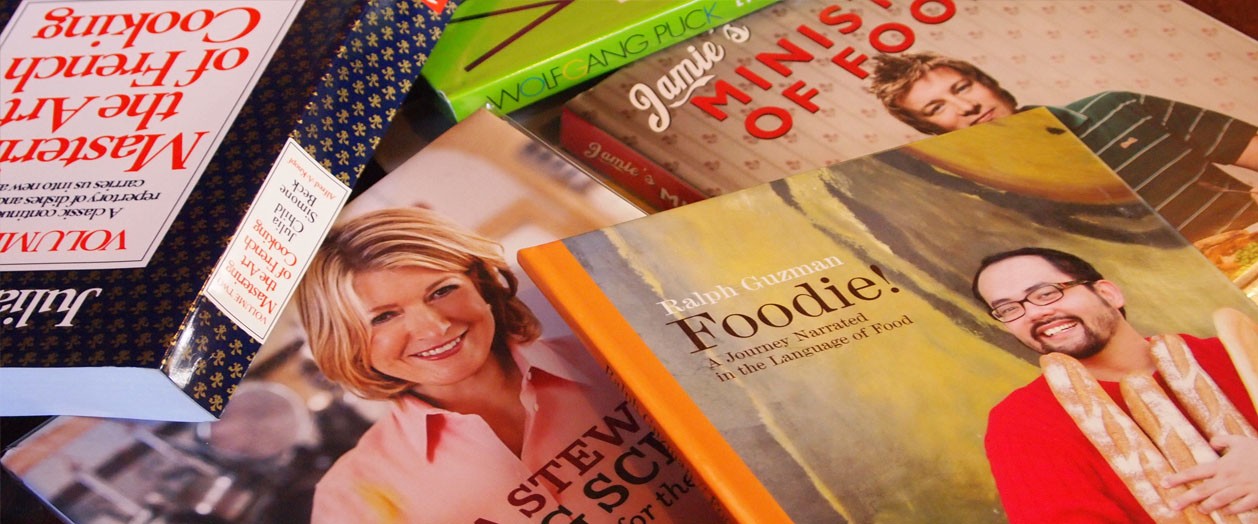
It’s not what you think. Yes, it’s green. But it’s not the usual basil pesto. Nor is it spinach. And I believe this one’s a Filipino dish, not Italian.
It’s… malunggay! Yes, the native plant, which we see being grown in vacant lots and used for the favorite monggo soup and also to heal wounds, can be used for pasta. And now that I’ve tried it myself, well, it tastes good too!
Making it is very similar to the usual basil pesto. Just food processor the malunggay leaves with olive oil, garlic, parmesan cheese, salt, and pepper. For extra kick, add cashew nuts.
When I cooked the malunggay pesto with the noodles, instead of parmesan cheese, I used kesong puti. The result was not only a certified yum-o, but a very nutritious meal.
Extra toppings for dish could include shrimp, mussels, and squid.
It’s delicious, but it still tastes different from the usual basil pesto. My family and I had a short discussion on why one would skip basil pesto and prefer the goodness of malunggay pesto. Personally, I still like basil pesto better. Nevertheless, we’ve known malunggay as a good source of iron. It is also reported as a good source of potassium, as well as vitamins A and C.
And yes, supermarkets do run out of basil from time to time.
Cooking the dish made me curious about the English term for malunggay. The term? Moringa.
Well, whatever your preference is, this dish is a yum-yum, as my godchild, Shayna, would put it.

Looks yummy nga. Saw this one also in Kay Susan Tayo… ive yet to try it though.
Teka… kelan ka papadala ng samples dito sa newsroom? 🙂
Hi, Ate Weng!
Punta na lang kayo sa bahay para kumpletong meal — with dessert pa 🙂 hihi
Pingback: Easy Kesong Puti Bruschetta « RALPHGUZMAN.ORG
Pingback: Easy Kesong Puti Bruschetta | RatedRalph.com